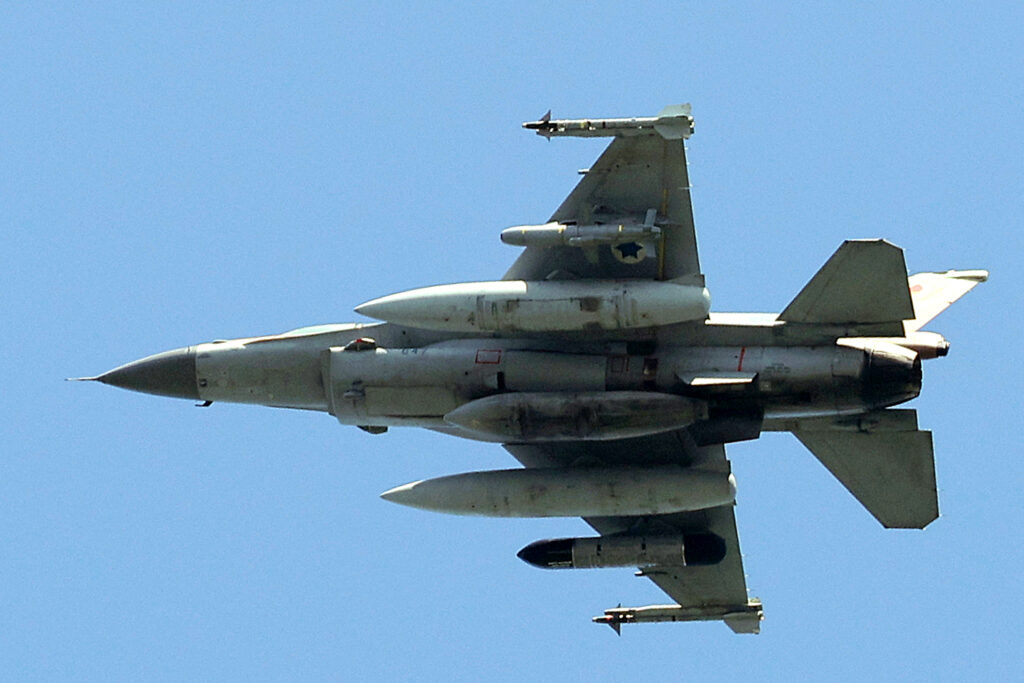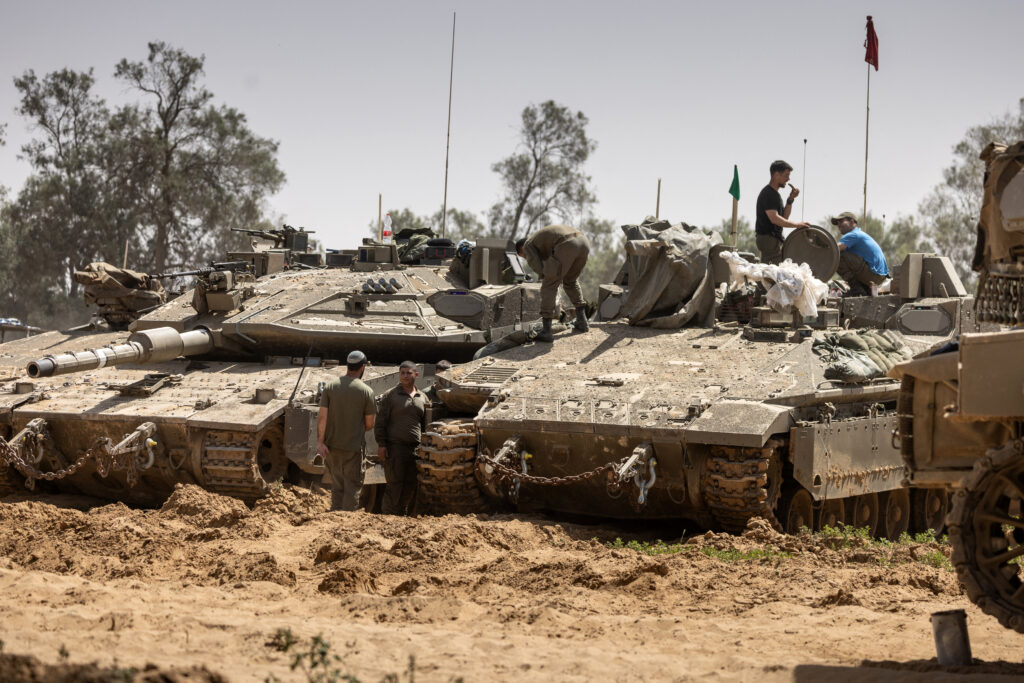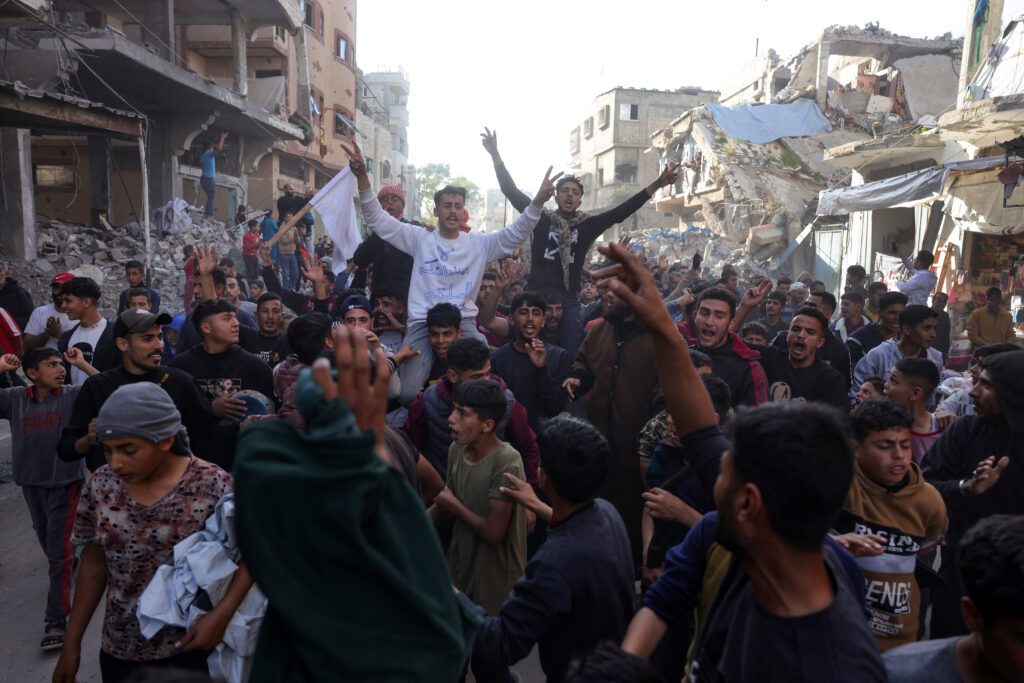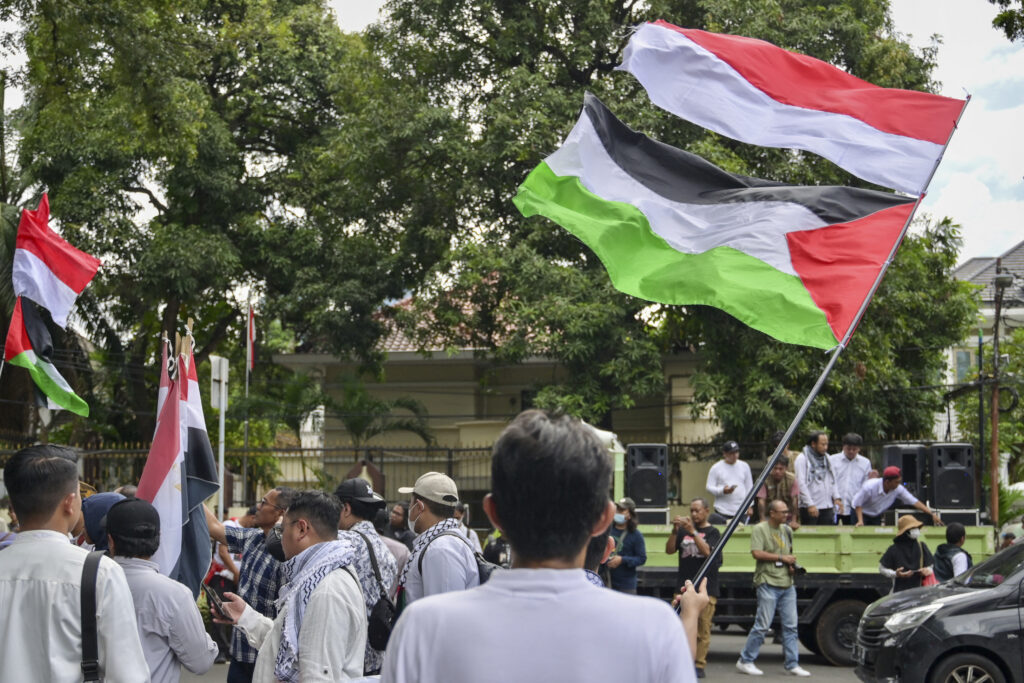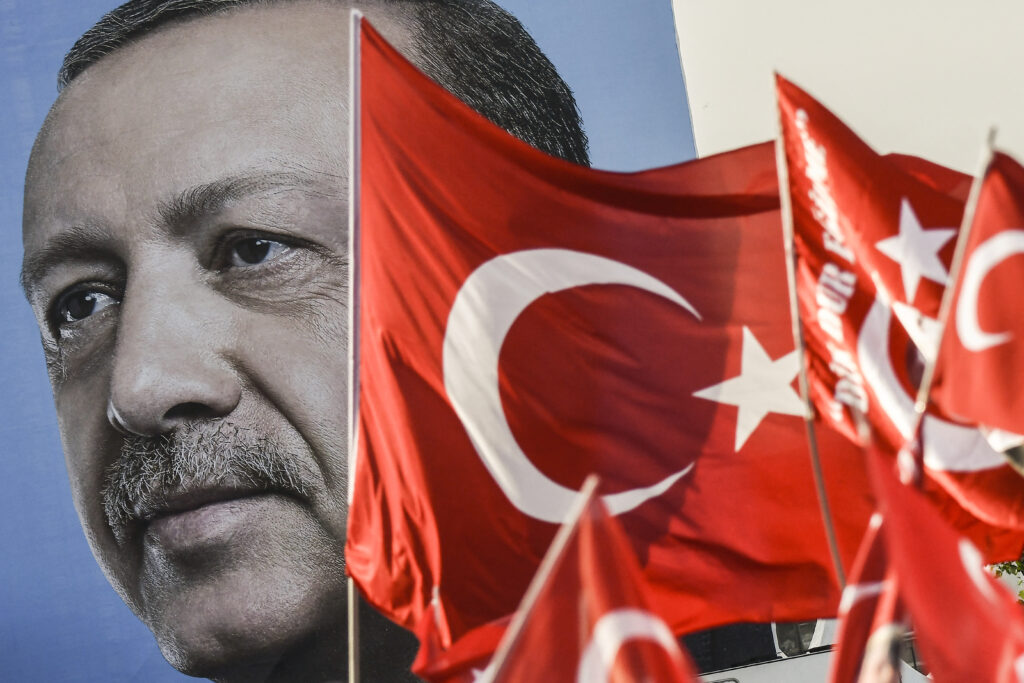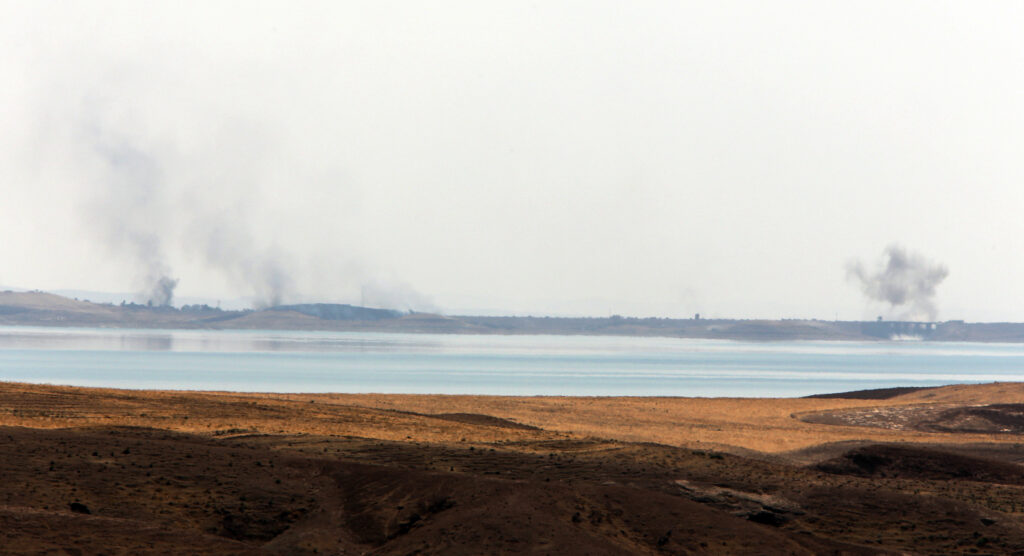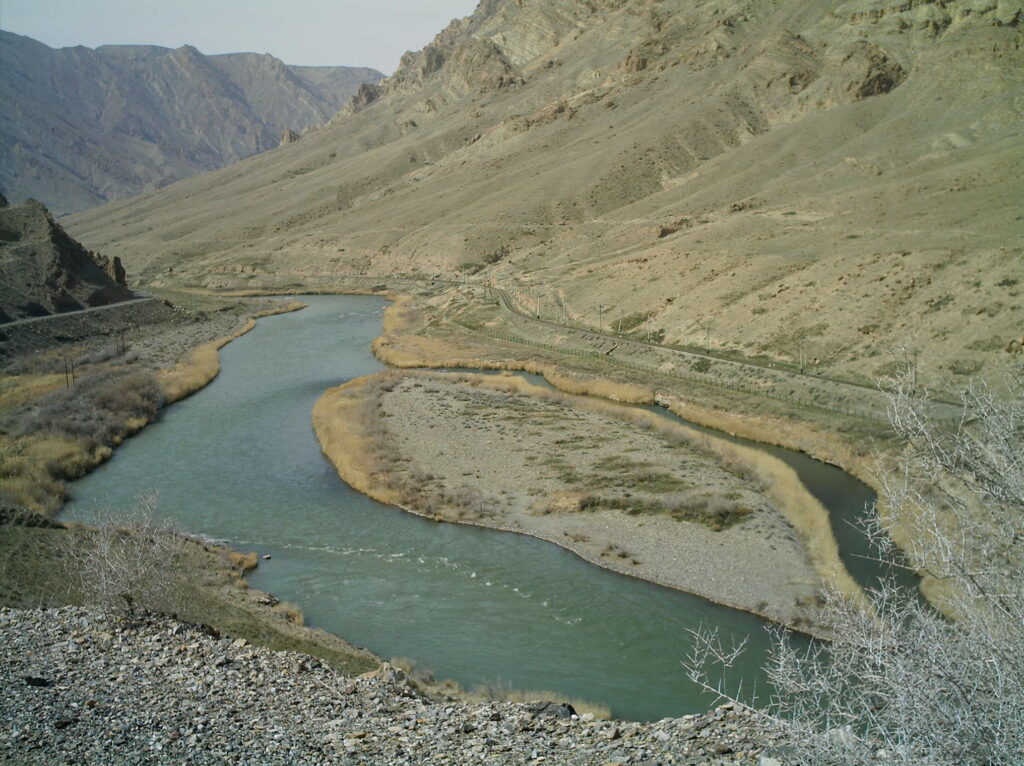MEI Snap Reaction: Hamas Leader Yahya Sinwar Killed by Israeli Troops in Gaza
- -
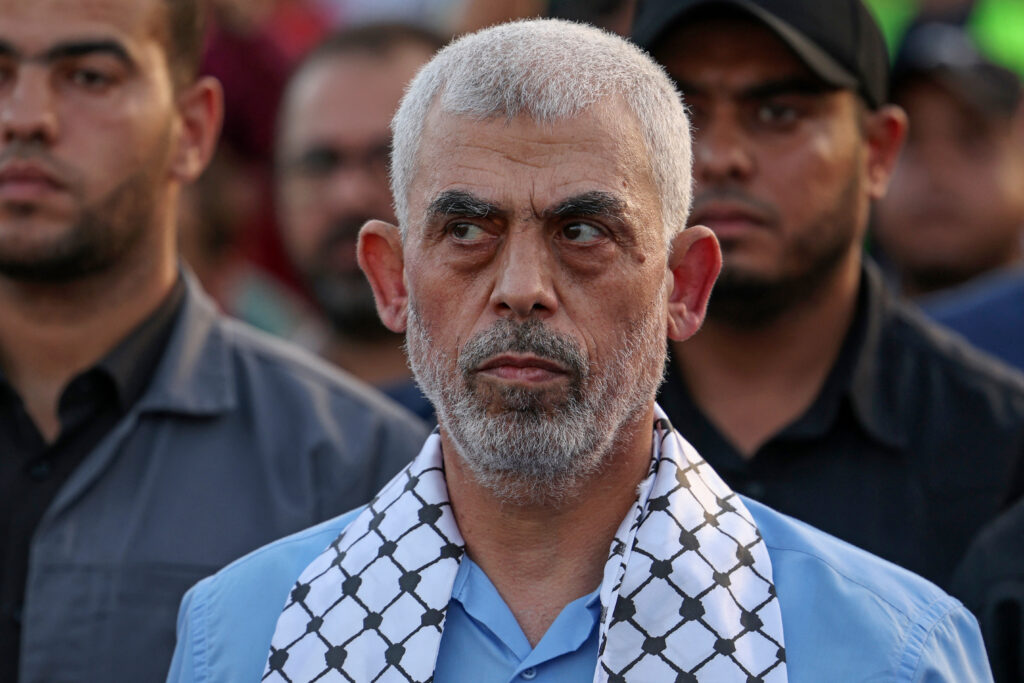
“The killing of Yahya Sinwar could be seen as the culminating point that leads to the destruction of Hamas’ leadership as we knew it for the past decade. Most of the major political and military figures of the movement (in addition to Sinwar, Mohammed al Deif, Saleh Arouri, and Ismail Haniyeh) have been killed in the past months. Conventional thinking says that terrorists are replaceable and killing one leads to another one rising but the chain of command of Hamas has been severely disrupted. Sinwar was not just the architect of the attacks on October 7, he was Hamas’ military strategist for more than ten years. He was also the one who eagerly restored ties with Iran, something that could be questioned by its future replacement. The movement is unlikely to regain its strength prior to October 7.
In a statement with a Churchillian undertone, the Israeli government announced that this was “the beginning of the end”. The wave of targeted killings across the Middle East has restored the credibility of Israel’s military and intelligence apparatus, and Sinwar’s death is the image Prime Minister Netanyahu has been waiting for to claim victory.
For sure, many uncertainties remain: Sinwar was a major obstacle to the hostage negotiations but his death does not automatically mean the remnants of Hamas will be more accommodating. Moreover, Sinwar was no longer the priority of the IDF which has been focused on Lebanon, where the war with Hezbollah is still raging. Adding to that, speculations over an Israeli strike on Iran’s territory are still in the air. One can hope that a ceasefire in Gaza could by extension lower the tensions on the other fronts but events of the past year have rarely proved optimists right”.
– Jean-Loup Samaan, Senior Research Fellow
“The death of Yahya Sinwar, Israel’s number 1 target since the October 7 events, is significant in so far as the possibility of a ceasefire is reignited. This piece of news comes after Qatar, the chief broker of ceasefire talks, revealed at the recent EU-GCC summit that there has been no engagement between Israel and Hamas for over three weeks. A new Hamas leadership will likely be less hardline in its approach than Sinwar’s, provided that the Israeli camp is willing to reach out with an olive branch.
For the Palestinians, Sinwar’s death on the ground will be revered in martyrdom, whereas for the Israelis, having taken out Ismail Haniyeh, the leader of Hamas’ political wing, and Mohammed Deif, the head of the military wing, Sinwar’s elimination will be viewed as an achievement of the same magnitude as the assassination of Hezbollah leader, Hassan Nasrallah. In the context of immediate war goals, the Israelis targeting of the leadership structures within Iran’s Axis of Resistance, particularly Hamas and Hezbollah, has gathered momentum. The question now is whether Prime Minister Netanyahu will stay true to his word about shifting the focus onto hostages.
To be clear, the long-term prospects for peace remain murky, as indicated by remarks from Israel’s former defence minister, Mr Benny Gatz, who said the IDF will continue to “operate in the Gaza Strip for years to come”. But the window to consider a reduced Israeli troop presence in Gaza, with a severely downgraded Hamas, is now present with an eye on its reconstruction. A mix of political circumstances and international pressure will determine whether Israel can be steered in this direction”.
– Clemens Chay, Research Fellow
Image Caption: Hamas leader Yahya Sinwar at a rally in support of Jerusalem’s al-Aqsa mosque in Gaza City on 1 October 2022. Photo: AFP
More in This Series
- Pourya Nabipour & Neda Beirami
- -

